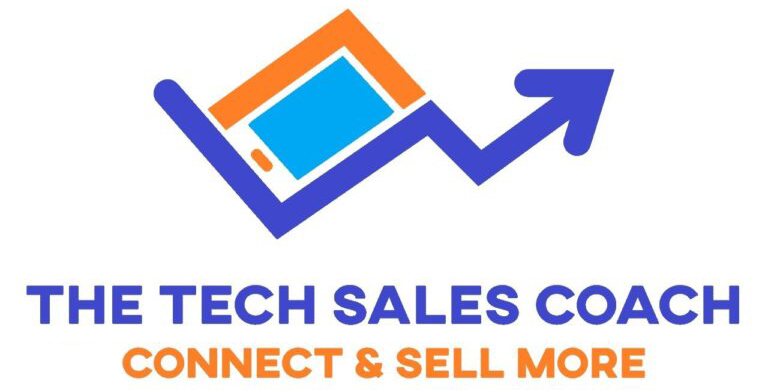Sales training is a vital component of any successful sales organization. It provides reps with the skills and knowledge they need to effectively engage with customers, overcome objections, and close deals. However, many companies still overlook the importance of sales training, choosing instead to focus on hiring the right reps or implementing new technology. Unfortunately, this approach can lead to a lack of basic sales skills among reps and a failure to meet customer expectations.
Statistics paint a clear picture of the need for sales training. According to Forbes magazine, 55% of salespeople lack basic sales skills, which can lead to poor performance and reduced revenue. Furthermore, 58% of buyers report that sales reps are unable to answer their questions effectively, indicating a lack of knowledge or preparation. This is not only frustrating for customers, but it can also result in lost sales opportunities.
One of the biggest challenges of sales training is ensuring that the information is retained. According to a recent survey, 84% of all sales training is lost after 90 days, highlighting the importance of ongoing training and reinforcement. This also means that the training solutions must be customized and tailored toward the reps, through workbooks and role-plays.
Another challenge in sales training is ensuring that reps are well-prepared and have the tools they need to meet customer expectations. A recent survey found that 82% of B2B decision-makers think sales reps are unprepared, indicating a need for more comprehensive training programs that provide reps with a documented set of tools. This can help to ensure that reps are able to effectively communicate the value of the company’s products or services and address any concerns or objections that customers may have.
Despite these challenges, the benefits of sales training are clear. A recent report found that every dollar invested in sales training returned $29 in incremental revenues. Another report found that the best sales training can improve the performance of an individual by an average of 20%. Furthermore, 65% of employees say that the quality of training and learning opportunities positively influences their engagement, which can lead to increased loyalty and retention.
High-performing sales organizations are twice as likely to provide ongoing training as low-performing ones, indicating a strong correlation between training and performance.
In order to build and retain a high-performing sales team, companies must make a long-term commitment to ongoing sales training. This includes seminars, workshops, books, and other resources that will give reps the skills and knowledge they need to succeed.
Investing in sales training is essential for building and retaining a high-performing sales team. Statistics clearly show that a lack of basic sales skills and inadequate training can lead to poor performance and reduced revenue. By providing reps with ongoing training and support, companies can give their sales team a competitive advantage and ensure that they are able to meet customer expectations and close more deals.
Takeaway: Untrained salespeople doom companies. Organizations that spend more time training reps see better sales results. Seems like a no-brainer, but over half of sales reps are lacking the proper skills to become effective at their job. A long-term commitment to ongoing training – seminars, workshops, books – will give your sales team a competitive advantage.
For more information; https://thetechsalescoach.com/sales-process-methodology-training/
